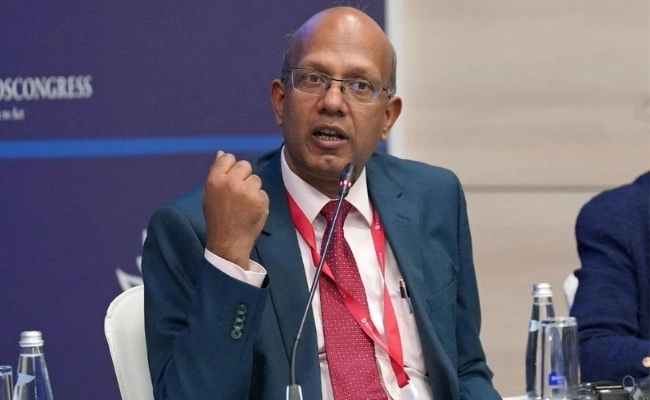In recent months, there has been a noticeable surge in consumer behavior across the United States, with many Americans hastily purchasing essential items in anticipation of tariffs proposed by the Trump administration. This rush to buy emerges from a fear of increased prices on goods that are likely to be affected by impending tariffs on imports. As news of these tariffs circulates, consumers are concerned that their everyday necessities—ranging from groceries to electronics—could become significantly more expensive. This has led to a sense of urgency among shoppers, who are keen to stock up on essential items before the potential price hikes take effect.
The psychological impact of tariffs on consumer confidence cannot be underestimated. Many Americans perceive these tariffs as a direct threat to their wallets, prompting them to take preemptive measures. Retailers are witnessing an uptick in sales, as consumers scramble to purchase items that they believe will soon be more costly. This behavior not only reflects an instinctual response to economic uncertainties but also highlights the interconnectedness of global trade and local economies. With many goods sourced from abroad, the proposed tariffs can disrupt supply chains and lead to higher production costs, which retailers often pass on to consumers.
Moreover, the current trend underscores the complexities of economic policy and its immediate effects on consumer behavior. While tariffs are intended to protect domestic industries, they can also lead to unintended consequences, such as inflation and reduced consumer spending. As Americans fill their carts with essentials, the broader implications of these tariffs may become evident in the form of rising prices and potential shortages of certain products. This cycle of panic buying can exacerbate market fluctuations, leading to a ripple effect that impacts both consumers and businesses alike.
In conclusion, the rush to buy essential items ahead of Trump’s proposed tariffs reflects a blend of economic anxiety and proactive consumer behavior. As individuals seek to mitigate the impact of potential price increases, they inadvertently contribute to market volatility. This situation serves as a reminder of the delicate balance between trade policies and consumer confidence, illustrating how government decisions can have immediate and far-reaching consequences in the daily lives of Americans. Understanding this dynamic is crucial for both policymakers and consumers as they navigate an increasingly complex economic landscape.




